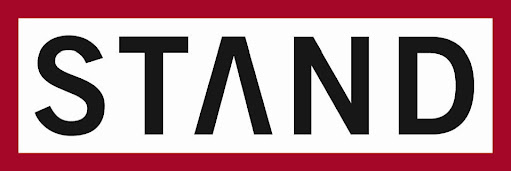I. Executive Summary
Canadian Politics and Darfur: The federal election dominated Canadian politics this month, but Liberal candidates Irwin Cotler and Bob Rae spoke out about the crisis in Darfur during their campaigns. John McNee, Canada’s ambassador to the United Nations, highlighted Canada’s contributions to Darfur in addressing the General Assembly.
Security in Darfur: The security situation in Darfur has deteriorated dramatically over the past two months. In September, North Darfur saw heavy fighting between the Sudanese Armed Forces (SAF) and three of the largest rebel groups following a series of offensives by the Government of Sudan (GoS). In early October, the SAF and government-sponsored “Janjaweed” militias attacked numerous villages throughout South Darfur killing civilians and causing large-scale destruction. Meanwhile, the number of people displaced by the fighting continues to rise even as the camps they inhabit grow more unstable and violent.
Negotiations and Engagement in Darfur: The first meeting of the AU, UN and GoS Tripartite Committee on the deployment of UNAMID met on October 7. The meeting emphasized the need for cooperation between the three bodies for the success of the mission. President al-Bashir announced that attempts by the ICC and the international community to indict him for charges of war crimes would derail Darfur peace negotiations and increase regional instability. Major General Emmanuel Karake Karenzi, the second-highest UN commander in Darfur, has been accused of overseeing Tutsi troops which committed war crimes in Rwanda.
The Humanitarian Situation in Darfur: Peace talks led by the Government of Sudan may signal a step forward, but the victims of Darfur are far from safe. Tribal infighting and attacks by government forces continue to claim lives. Recent violence has displaced thousands of Darfuris. A bleak UN report said that security in Darfur is so bad that the UN-African mission cannot be effective. The environment within internally displaced persons camps remains tense after a fatal attack in Kalma IDP camp in August left many civilians dead. According to UN officials, aid organizations are evaluating whether they can continue their work. This comes as the number of attacks against aid workers in 2008 surpassed the number of attacks in all of 2007.
1. Build on Canada's recent commitments to Darfur by appointing a Special Envoy to the region. A Special Envoy could strengthen Canadian policymaking on Darfur in three key ways: 1) providing the world with a public face for Canada's efforts on Darfur, 2) providing a presence on the ground in Sudan, and 3) coordinating an integrated “all of Sudan” approach to Canadian peacebuilding. Specifically, a Special Envoy could play a key role in assisting efforts of the Darfuri rebel groups to form a unified and coherent bargaining position, a critical success factor for renewed negotiations.
2. The Canadian government should pursue targeted divestment from Sudan conditioned on the Sudanese government's cessation of atrocities in Darfur and active engagement in the peace process.
3. Canada’s mission to the UN should engage on more actively in multilateral diplomacy at the UN to bring renewed prominence to the Darfur issue internationally and rally greater international support for conflict resolution efforts.
Please forward this to other people interested in making a difference for the people in Darfur.
.jpg)



No comments:
Post a Comment